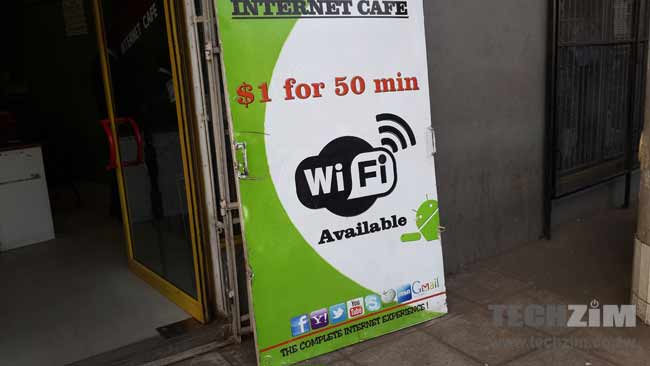POTRAZ has released a press release in anticipation of the Q2 Postal and Telecommunications report which we expect to be out before the end of this week. The press release is interesting enough and contains a number of key statistics from the telecoms industry.
Two of the following stats caught my eye; i) The total number of mobile subscriptions declined by 6.7% to reach 12.7 million from 13.7 but ii) mobile internet and data traffic usage increased by 56.2% to record 10.4TB from 6.6TB.
Quarter 2 (April, May and June) is particularly interesting because it’s when Zim went into lockdown. Most of Zim started feeling the effects of COVID-19 (economic and social) so these statistics are worth looking at and trying to understand as we keep that in mind.
PS: The government enforced a 21-day lockdown from the 30th of March.
The rich stay connected, the poor… well no one really knows!
The initial lockdown low-income individuals and households to harsher times. The reduction of mobile subscriptions is probably a great pointer to that. Most people who are part of the informal economy had limited to no means of making income in April and May and so naturally less people would buy airtime and use their phones. Internet penetration also fell by 2.4% (to 56.7%) during Q2.
The decline in active internet subscriptions in the quarter under review may be attributable to the depressed demand in the economy, at both household and industry level. COVID-19 had a direct impact on the operations of both the formal and informal sector, thus negatively affecting real disposable incomes.
POTRAZ press release
Less people but more usage??
Those who could afford to continue using their phones and afford to be on the internet saw their usage grow exponentially. As mentioned before data usage increased by 56.2%, meaning those who could access the services became more reliant on them.
Whilst people using the internet a lot more is generally great, for those without access there is an increasingly widening gap.
Education
Education is a pretty stark example of this. From mid-April some schools were already learning online. A cousin of mine who is in high school explained back then that they were conducting lessons via Zoom and submitting assignments via Google Classrooms.
Most students from lower income communities simply do not have access to the tools necessary to learn in this way. They can afford the hardware nor the data – and so most of these students have not been learning at all since March! It’s unclear when COVID-19 will end, and government hasn’t been able to come up with a plan for students meaning 2020 is a wasted year for many students.
Remote work
Even in remote work, the divide between the haves and have nots has widened as well. Many low-income jobs fall into this category. Builders, vendors, and many others simply cannot work from home because of their jobs.
A study done by the US Bureau of Labour concluded that higher-wage workers were 6x as likely to be able to work from home as lower-wage workers. Whilst I know that we are not in the US and our realities are very different at times, I do think that statistics speaks to how many low-income jobs are difficult to conduct remotely.
What’s the way forward?
Whilst the economy is reopening, COVID-19 is still around and it isn’t clear for how long. A spike in cases could still lead to more lockdowns in future and even without that, people are still apprehensive about moving around freely. The internet will continue to be extremely important but without access for all, what will reality look like for the have nots when all this is said and done?

4 comments
My school is not conducting any lessons so may you please redirect me to teachers who are teaching via zoom or Google classroom.I’m a high school student
The reduction in mobile subscriptions is also from those who had many lines simply for the purposes of money changing.
“The initial lockdown low-income individuals and households to harsher times. ” wtf does this mean? have you read it?
Farai Mudzingwa (@FariM9) , say NO to alcohol , dont do drugs either, please … its not good for you